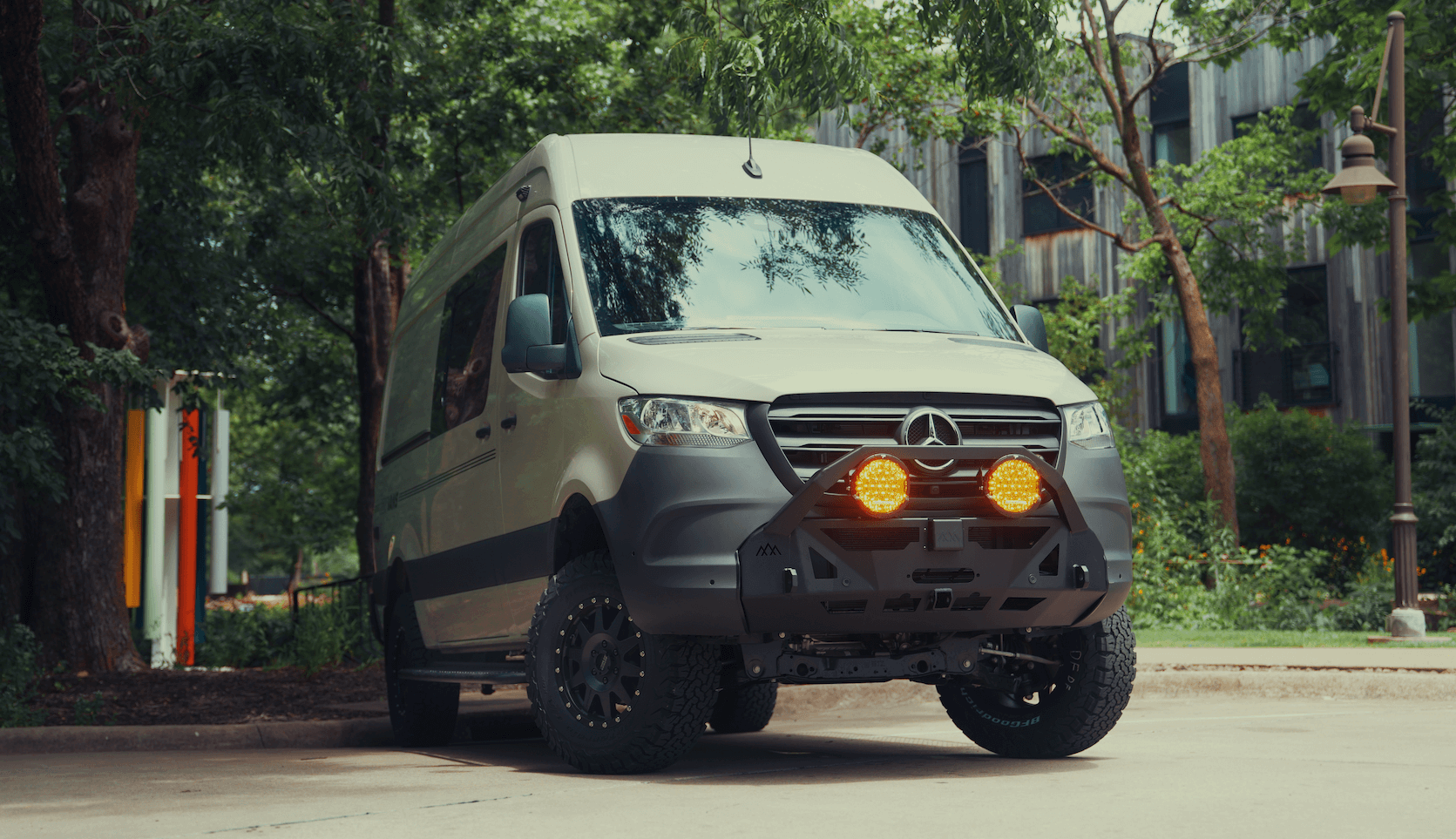Recreational Vans

Van insurance pricing depends on what you drive, how you use it, where you live, and how much protection you select. For a personal passenger van used for commuting and family trips, many drivers see full coverage in the range of about 120 to 220 dollars per month, with liability only often lower. Cargo vans used for business can cost more because of higher exposure and vehicle value, commonly 150 to 350 dollars monthly for broader coverage. Camper vans or Class B motorhomes are often insured as RVs rather than standard autos. Part time RV use can average roughly 500 to 1500 dollars per year, while full time living and higher stated values can push premiums above that range.
Insurers price risk differently across states, so a figure that fits Texas may not match Oregon. Urban parking, heavy traffic corridors, and higher theft rates can all lift premiums. The make, model, and safety tech matter too. Advanced driver assistance, telematics, and anti theft devices can help counterbalance cost in many rating models.
Each carrier weighs risk factors differently. Garage location, mileage, claims history, credit based insurance scoring where allowed, driver age and experience, plus vehicle value and equipment all influence final price. Two seemingly similar vans can land in very different rating tiers.
Insurers begin with your van’s characteristics, then stack on drivers, location, and coverage selections. A few variables have outsized effect.
Start by matching coverage to use. Daily commercial use calls for broader protection than a lightly driven weekend passenger van. For camper vans, think about how often you travel, where you store the van, and whether you live in it full time.
If you haul for pay, carry business inventory or tools as a primary use, visit job sites, or have employees driving, a commercial auto policy is usually required. Misclassifying a business use as personal can lead to claim denials.
If your van has permanent sleeping, cooking, water, and power systems and is used for travel or living, RV coverage is often the better fit. It typically includes options for personal effects and campsite related protections.
If the van is a family hauler without permanent living features and no business use, a standard personal auto policy is often sufficient. You can still add roadside and enhanced rental coverage for trips.
The right insurance starts with the right plan. A clean, well documented build makes coverage easier to quote and simpler to claim. OZK Customs designs and delivers complete custom vans with detailed build sheets and component lists that help insurers understand value. If you are exploring layouts or platforms, see our Recreational vans, consider a full Custom van build, or review finance friendly Mainstream vans. We listen first, then craft a rig that suits your routes, storage, and season of travel so your coverage choices line up with real use.
Strong components, compliant electrical, safe propane systems where applicable, and properly mounted gear reduce insurer concerns and help keep premiums rational. Bring your travel plan, budget, and wish list. We will map a build path that protects your time and your investment, then provide thorough documentation you can hand directly to your carrier.
Share your goals and let us translate them into a road ready van supported by clear, insurable specs. Submit the form below to start a zero pressure conversation with our team.
Ready to build a van that insures cleanly and protects your investment? Tell us how you travel and we will design a custom or mainstream build with clear documentation for insurers. Start your quote conversation now and let OZK Customs turn your plan into a road ready rig.
ADDRESS:
6159 E Huntsville Rd, Fayetteville, AR 72701
PHONE:
(479) 326-9200
EMAIL:
info@ozkvans.com